Chloe Anthony Wofford Morrison, commonly known as Toni Morrison, died on 5 August 2019. Toni wrote novels and essays, and was also an editor, teacher, and professor emeritus at Princeton University. She won the Nobel Prize for Literature in 1993 - it was awarded to Toni "who in novels characterized by visionary force and poetic import, gives life to an essential aspect of American reality." You can listen to, or read, Toni Morrison's Nobel Lecture:
Word-work is sublime, she thinks, because it is generative; it makes meaning that secures our difference, our human difference – the way in which we are like no other life.
We die. That may be the meaning of life. But we do language. That may be the measure of our lives.

Toni Morrison was born into a working-class, African-American family living in Lorain, Ohio. Her mother, Ramah, was from Alabama in the south and had moved north while still a child. Her father, George, was also from the south, Georgia.Morrison's parents were a great influence on her love of literature. When she was a child, they told her traditional African-American folktales and ghost stories and sang old African-American songs. She became a voracious reader, devouring works by authors such as Jane Austen and Leo Tolstoy.
In 1965, she began working as an editor for Random House publishers in New York. Here she played a vital role in bringing African-American literature into the mainstream. She also took an interest in the literature produced in her ancestral homeland of Africa, editing Contemporary African Literature, an anthology which included work by Wole Soyinka, Chinua Achebe and Athol Fugard. She championed African-American authors. While at Random House, she also brought to fruition one of her own projects, the extremely influential The Black Book, an anthology of photographs, illustrations, essays, and other documents of black life in the United States from the time of slavery to the 1970s. This was published in 1974 to wide critical acclaim.
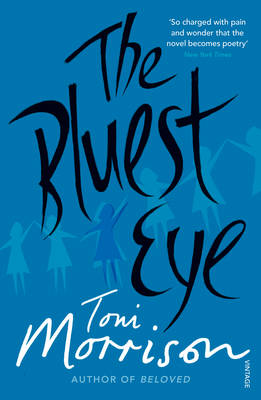 Morrison had started writing fiction while studying at Howard University. Later, Morrison took a story she had written at Howard and developed it into her first novel, The Bluest Eye. While raising two children by herself, Morrison got up every morning at 4 am to write The Bluest Eye. First published in 1970, The Bluest Eye did not sell well at first, but later when the City University of New York put the book on its reading list for the black-studies department this helped to boost sales. Other universities soon followed suit and Morrison's book attracted the attention of Robert Gottlieb, a highly-respected editor at Knopf which was an imprint of Random House. From then on, Morrison's writing career was launched and Robert Gottlieb would edit most of Morrison's later novels.
Morrison had started writing fiction while studying at Howard University. Later, Morrison took a story she had written at Howard and developed it into her first novel, The Bluest Eye. While raising two children by herself, Morrison got up every morning at 4 am to write The Bluest Eye. First published in 1970, The Bluest Eye did not sell well at first, but later when the City University of New York put the book on its reading list for the black-studies department this helped to boost sales. Other universities soon followed suit and Morrison's book attracted the attention of Robert Gottlieb, a highly-respected editor at Knopf which was an imprint of Random House. From then on, Morrison's writing career was launched and Robert Gottlieb would edit most of Morrison's later novels.
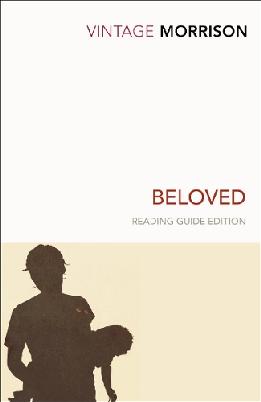 Over the course of a long and distinguished career, Morrison garnered a slew of awards and prizes, probably the most notable being the Nobel Prize in Literature in 1993. She also won the Pulitzer Prize and the American Book Award for her novel, Beloved, which was published in 1987.
Over the course of a long and distinguished career, Morrison garnered a slew of awards and prizes, probably the most notable being the Nobel Prize in Literature in 1993. She also won the Pulitzer Prize and the American Book Award for her novel, Beloved, which was published in 1987.
Morrison was selected for the Jefferson Lecture in 1996 by America's National Endowment for the Humanities. This is considered America's highest honour for achievement in the humanities. Also in 1996, Morrison received the Medal of Distinguished Contribution to American Letters from America's National Book Foundation. In 2012, President Barack Obama was delighted to present Toni Morrison with the Presidential Medal of Freedom. Morrison also received the PEN/Saul Bellow Award for Achievement in American Fiction in 2016.
Books by Toni Morrison
Find books by Toni Morrison at the library.


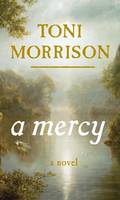
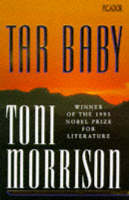
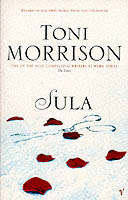
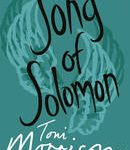


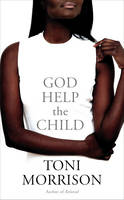


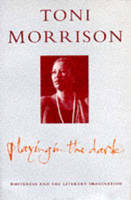

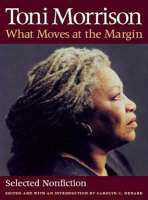

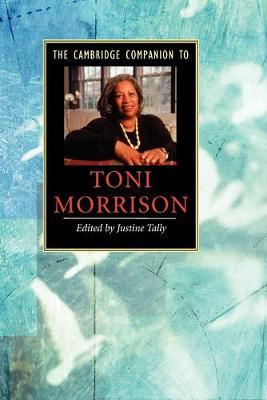


Add a comment to: RIP Toni Morrison 1931 – 2019